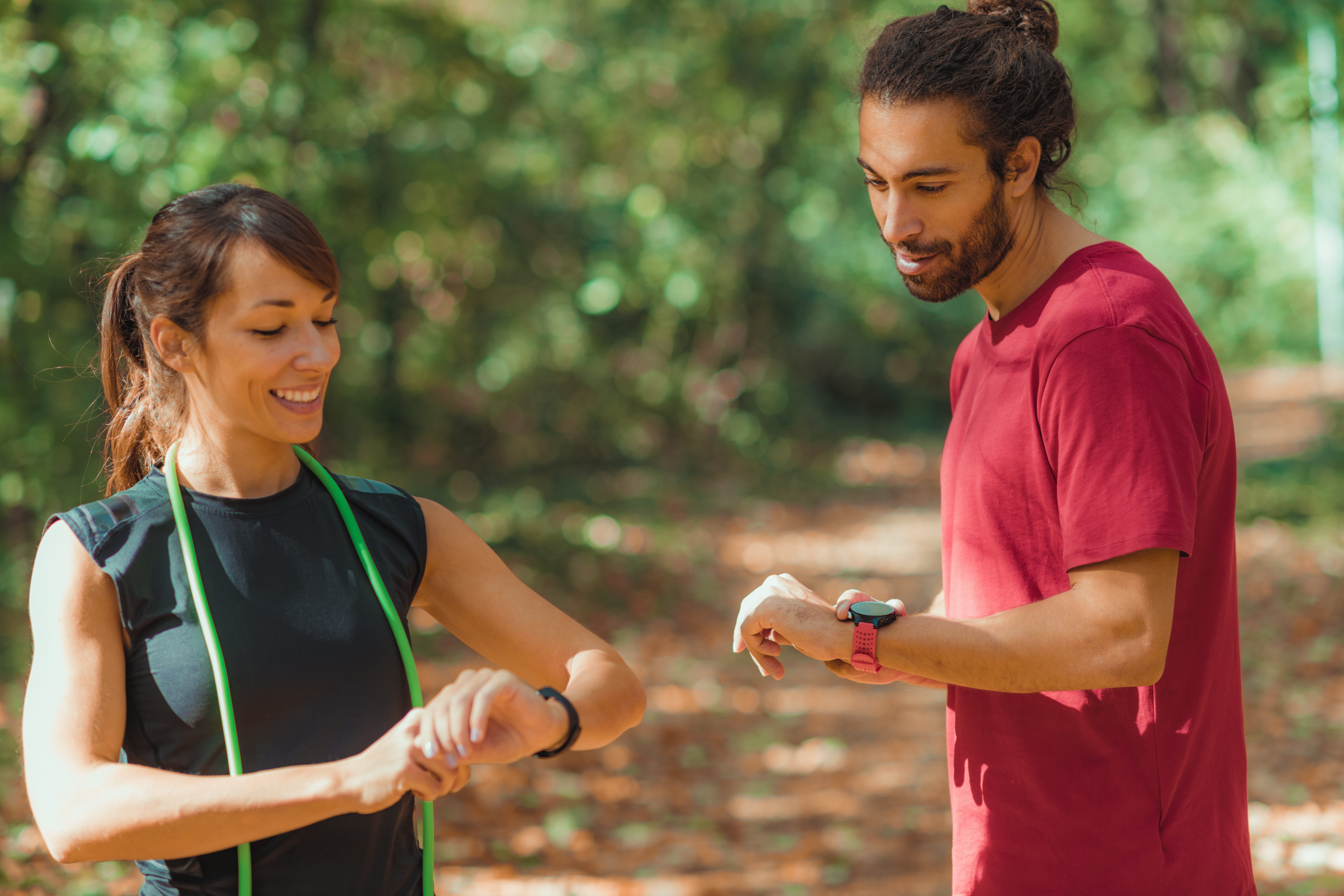Christmas crackers: Last-minute gifts worth giving
The panic rises as the clock ticks ever closer to Christmas Day. What happened to all our good intentions with gifts for our loved ones?
Every year, we promise ourselves that next year we’ll get organised earlier and start a present cupboard. We’ll make a list of the things our loved ones like and keep an eye out for the sales and pop those precious items in the cupboard ready to be wrapped when the time comes. It makes financial sense, too, because we’re spreading our spending over the year, rather than copping it one big hit.

Great idea in theory. But, every year, we’re staring down the barrel of another last-minute rush to fill those stockings and pop something extra under the Christmas tree. Will we ever learn?
Start early and stay out of the red this Black Friday
If you’re a Black Friday veteran, you’ll know that you don’t have to wait until the designated day to snap up a bargain.
Retailers have been dropping their prices all month, and your inbox and social media have probably been inundated with offers for Black Friday steals because of your past purchases.
False advertising: Don’t fall for fake reviews
Wanting a night out with friends? Keen to try something new? Do a quick Google search and up comes a bunch of restaurants nearby, one with far more positive reviews than the rest. But are they real? Fake reviews for everything from bakeries to dental services are abundant on the internet, and separating them from the real deal can take time and effort.
It’s hard to know exactly how many aren’t genuine, with estimates varying from about 10 percent to a third of all online reviews. Google is home to six times as many reviews as any other portal, even it has trouble keeping up. Last year the search engine said it removed 95 million reviews that did not meet its guidelines.
Pay attention: Your guide to online payment platforms
Online payment has certainly made our lives easier. It's become more convenient for us to shop online, pay for bills and send money to family and friends.
So it’s probably no surprise that the FIS Global Payments Report predicts the use of cash will drop from 7 percent to 2 percent of all point-of-sale transactions by 2025.
FIS, a payments technology company, says the pandemic has only accelerated our move to digital wallets and other e-commerce, or online payment platforms.
Pay dirt: The battle for your digital dollars
The digital world has transformed the way we live, work and play. Transactions that used to take place in cash or with paper cheques are now completed online, using digital payment platforms.
In Australia, there are a number of different digital payment platforms available, each vying for a share of the market. In 2021, the industry processed about 55 million payments. That is worth about $650 billion each day, according to The Australian Financial Review. But behind this progress are growing concerns not only from banking institutions but governments.
Digital platforms: The complaints nightmare
In January this year, thousands of Crypto.com users were locked out of their accounts when the digital platform was forced to change security settings after it was hacked. To add insult to injury, support channels were not working and all users were told by the platform’s CEO was that "you could be using the wrong email address" — via a Tweet.
Chances are you have experienced something similar. New research has found that almost three-quarters of Australians are dissatisfied with how complaints are being handled on digital platforms.
World Consumer Rights Day: It’s time to make yourself heard
“Their voice is not always as loudly heard in Washington as the voices of smaller and better-organized groups – nor is their point of view always defined and presented. But under our economic as well as our political form of democracy, we share an obligation to protect the common interest in every decision we make.”
John F. Kennedy was writing on March 15, 1962, on what is now known as World Consumer Rights Day, in a “special message to Congress on protecting the consumer interest”. But swap Sydney or Melbourne for Washington and the then US President’s words are just as true for Australian consumers in the 21st century. If not more so.
Flower power: Avoid some thorny issues this Valentine’s Day
What's your plan for Valentine's Day? Romantic dinner? Tick. Chocolates? Tick. A beautiful bouquet of roses for your Valentine? A big cross!
Flowers are the most popular Valentine's Day gift in Australia. A study published last year found Aussies would spend more than $110 million on flowers for their loved ones - or the ones they’d like to love. And why not? They're pretty, smell good, and are generally cheaper than jewellery and healthier than chocolates.
But while they look blooming lovely, there’s an ugly side to the flower industry. Behind the fragrant scent of roses in full bloom are toxic chemical fumes designed to keep flowers fresh and pretty, specifically the imported ones.
What to wear: Finding a fitness tracker fit for purpose
If you’re a fitness fanatic, it’s likely you have already invested in the modern tool for monitoring your efforts. And you’re not alone - according to Deloitte Consumer Trends 2021 report, one in five Australians own a wearable fitness tracker.
But if you’re kicking off 2022 with an action plan that includes a whole lot more exercise, you may be curious about their benefits. Is it worth adding a fitness tracker to your get-fit arsenal? What do they actually do? And how will they help you reach your goals?
Need to return a Christmas gift? Here’s how to do it with style
So you really don’t like that floral nightie Nana sent you? The shoes you got for your fashion-conscious son are just ‘so last year’? Your daughter received two of the same Nintendo game?
Yes, it’s Christmas and we’ve all received – and given – presents that just aren’t quite right. In the back of our minds, we’re wishing it was a gift card instead. No matter the reason, there’s no need to feel embarrassed about returning them.










